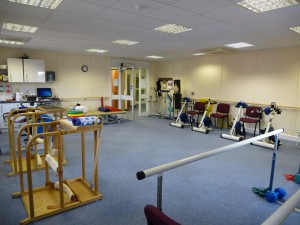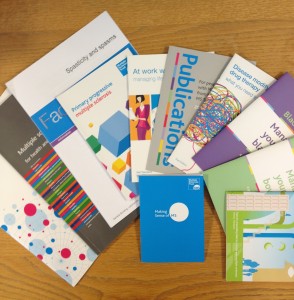Week 4 at the MS Trust
Almost a week has passed since I finished my internship at the MS Trust and I have had time to reflect on what has been a wonderful experience. My fourth week involved finishing the literary search and a final visit to the local therapy centre. I was also lucky enough to spend two days with my supervisor, a physiotherapist, in Norwich, where I saw more people with MS receiving therapy.

I have deliberately kept this entry short as I have written a detailed blog for the MS Trust website detailing all my experiences – both during my final week and over the whole placement – which can be found here: http://www.mstrust.org.uk/interactive/mstrust/2014/my-summer-at-the-ms-trust-learning-from-people-with-ms/
Overall I have thoroughly enjoyed the experience that the Charity Insights Scheme has given me. I have had the chance to work with some fantastic and inspiring people, and learn a lot about a condition that affects thousands of people, but is often overlooked. I now realise that so many health professionals are involved in patient care; it’s not just doctors and nurses. I am grateful to have been given the opportunity to speak with patients and develop my communication skills, which I hope will serve me well in my upcoming clinical years.
For anyone considering the Charity Insights Scheme I highly recommend they apply; it’s a great way gain valuable work experience, learn a lot, and at four weeks long, still gives you enough time to relax during the long summer holiday. Thank you MS Trust for letting me spend four weeks with you this summer, and thank you Imperial for running such a worthwhile scheme.

